1
Steph W. from SEOPressor


👋 Hey there! Would you like to try out this New AI-Powered App that'll...
...help you check your website and tell you exactly how to rank higher?


95
score %
SEO Score

Found us from search engine?
We rank high, you can too.
SEOPressor helps you to optimize your on-page SEO for higher & improved search ranking.
By allysa on April 19, 2017
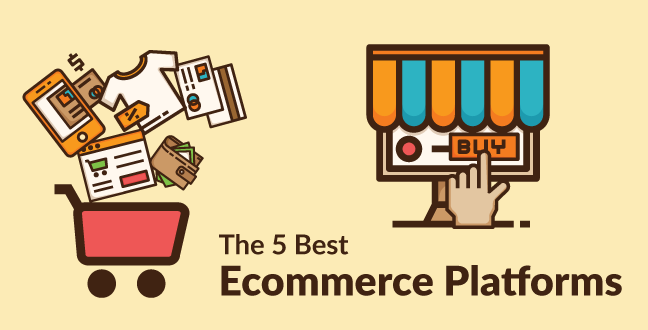
With so many businesses shifting from the physical marketplace to online, it’s no wonder we’re seeing so many ‘How Tos’ about ecommerce marketing. As great as these are, many are based on assumed knowledge that new players to the game don’t always have. So I’m going to get right back to the basics.
Let’s run through the types of ecommerce that your business can use and see if we can find the best ecommerce platform. We’ve all thought at some point: Why ecommerce in the first place?
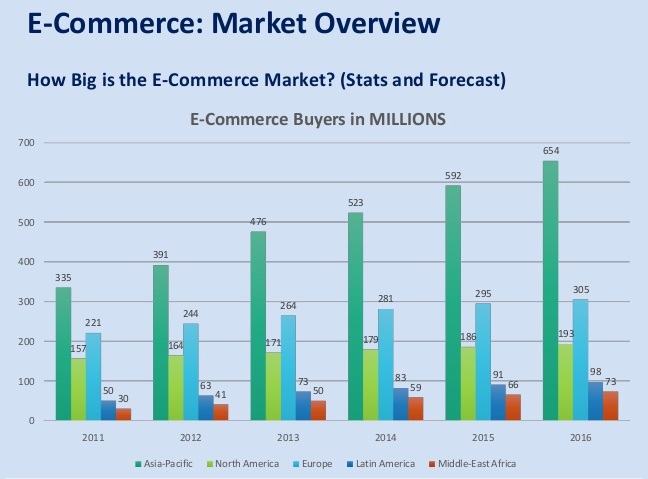
This only continues to increase, meaning more people are beginning to shop online instead of the store. The easier you make it for your customers to shop, the more likely that they will.
While it can feel a little daunting to shift your business into the online world, whether entirely or in part, don’t worry. All you need is perseverance, dedication, and the openness to learning a whole new type of marketing. And we’re here with you the whole way.
There are two types of pricing we keep in mind with ecommerce business platforms:
Market-oriented pricing means we analyze our market to see whether our products are price or value-related. A great way to start is by checking out how our competitors price similar products, and then decide whether to lower, raise, or equal those for our store.
Consumer-oriented pricing is different as we take reference points from our customers. For example, we ask: Who are our customers? What motivates them to buy our products and services?
When it comes to the pricing itself, there is a sweet spot for how much customers will spend online. Many ecommerce businesses, including us, have seen great success pricing between $100 and $200!
Now we’ll want to start looking at the margins. If the prices are too low then we’ll also see profit margins dropping. But if a particular item is causing a low margin, then there are four things that you can do:
We strive to find products that aren’t stocked locally and source them as this will drive online sales. By searching for demand in our industry, we can then create the supply.
When curating stock, this can be forgotten about until it’s too late: shipping!
It depends again on the industry. And sometimes because of this, it can be difficult to avoid. You should always keep eye on the size and weight of the items because it can affect the shipping costs.
As we all know, the larger and heavier the item, the more expensive the shipping. If the shipping cost is too high, it can turn the customers away. A tip to overcome this is to actually include the shipping in the price of the product, and then offer the item with free shipping!
But the best bet with the lowest risk is to stock up with smaller items, which won’t create out-of-the-world shipping costs.
For us, Google Shopping has been a fantastic tool, which is kind of like the internet’s version of window shopping!
Let’s say, if I were to see a product that I’d like to sell, it makes it easy for me to see who the different sellers are, and which suppliers they source from. This is when you should pay attention to who the manufacturers are, which are listed under the ‘Brand’ section.
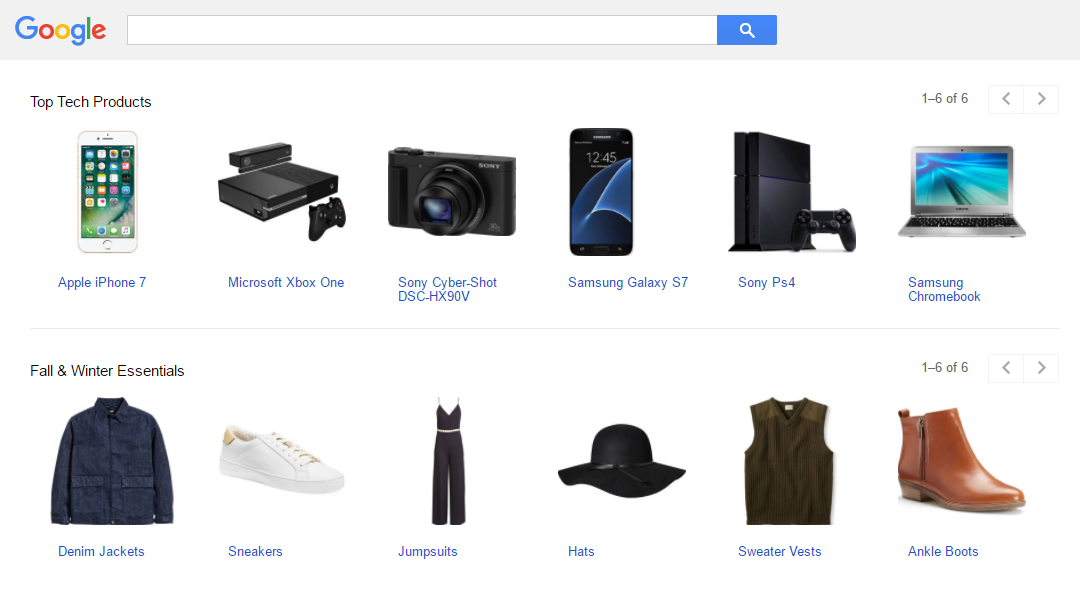
Now, if you’re a more advanced seller, then you can even open up your own Google Shopping account, and use it as your own ecommerce platform. This platform works on a cost-per-click (CPC) basis, but what’s great is that unlike other platforms, there’s no CPC minimum. You’ll have to set up an account with Google’s Merchant Centre, and they’ll guide you along the way.
Your next step would be to get your website up and running and choose your best ecommerce platform, which will manage your products, categories, the checkout process, and all other aspects involved with an ecommerce website. But how can we choose without knowing the different types of ecommerce? Let’s figure them out now.
Let’s break up the different types of ecommerce solutions:
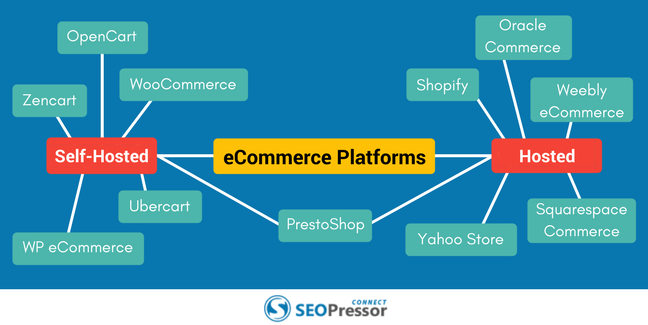
You can think of hosted as a kind of like renting a house, where we pay the landlord to rent out space and utilities, and we stick to the landlord’s rules. Similarly, we think of self-hosted as just like owning a house. You have the freedom and benefit of choosing just how you want the house to look, and where it is.

One of the most well-known ecommerce platforms! It’s really user-friendly, allowing any type of ecommerce business to get up and running from $29 with unlimited support.
Shopify sites are SEO-friendly, meaning increased traffic to your storefront. It also includes rich snippets and optimization for speed and responsiveness. Shopify has an offline version, with a point-of-sale credit card reader plugging right into your phone so you can make your sales on the go, and track your orders and manage your inventory wherever you are.
The downside is that it’s hard to leave. Shopify doesn’t allow you to download data if you later want to move to another system, and so you’ll end up losing what you’ve created.

I’ve noticed that WooCommerce has been popular because of how easily it integrates with WordPress and its blog content manager system. In fact, it even comes with its own free plugin that can be downloaded on WordPress, which is a plus point for cost-effectiveness (admit it, we’re all about that)!
And WooCommerce’s integrations don’t stop at WordPress. They also integrate with a heap of coupon codes and email marketing. This allows you to extend the reach of your shop beyond its immediate channel, which means more traffic for you.
However, WooCommerce is probably best suited to smaller businesses, as it doesn’t have as many features compared to other ecommerce platforms. I would also definitely recommend it more for users who are already familiar with and are using WordPress.
Another one of the many popular types of ecommerce is B2B marketplaces. This kind of ecommerce platform is two-sided, which connects professional sellers to professional buyers. A lot of buying and selling in bulk goes on here.

There are open marketplaces and curated marketplaces, and I bet you’re all familiar with the most popular wholesale marketplace around: Alibaba! I’m sure all of us have heard about Alibaba, as it’s one of the biggest ecommerce companies in the world.
What’s great about Alibaba is how it connects such a global audience with consumers from all over the world. Most of the sellers are wholesalers and manufacturers based in countries all over Asia, who export their wares in bulk to customers all over.
Online marketplaces such as eBay, Amazon, Etsy, and Kickstarter are all fantastic platforms. The key to each of these platforms is that they all attract their own kinds of audience. People will choose which one of these marketplaces to search within depending on what it is they’re looking for.
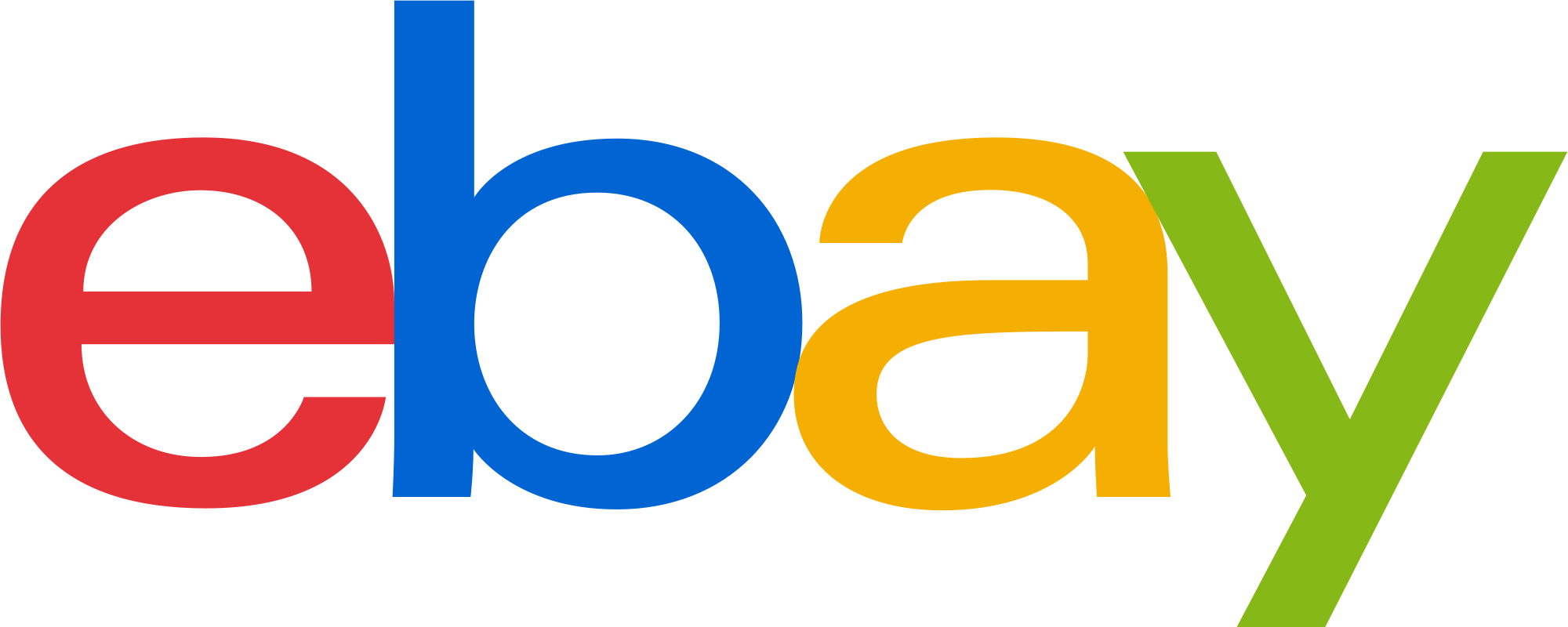
On eBay, I can find anything and everything, whether it’s vintage tables or hair extensions, a pair of shoes or a second-hand set of screwdrivers. eBay is an open ecommerce platform, and so you can open any kind of online business that you want to on the site. Because eBay makes it easy to sell all over the world, the potential for me to expand the popularity of my business worldwide is endless.
However, eBay does take 10% of any sales made, and this can really impact the profit margin of small or medium-sized businesses, especially those just starting out. Personally, I’d recommend eBay as one of the types of ecommerce that would mostly benefit a business selling high-demand products year-round. Striving for a high-profit margin is even more important with eBay.

Because of Amazon’s brand reputation, I know that if I were to decide to sell my products here that it would give me and my business an authenticity that many ecommerce business owners spend years trying to build. Amazon is known as the best ecommerce platform to sell products such as electronics, books, DVDs, and CDS or vinyl discs. Unlike eBay, which some buyers are wary of, Amazon is generally known for being trustworthy and reliable.
One thing I note is that Amazon’s seller fees aren’t fixed, and can be more or less than other platforms, depending on what is sold. Amazon might be the best ecommerce platform for you if you’ve got a fantastic, constantly refreshed inventory, and your goal is to get those products out of the door.

Etsy is one of the more niche types of ecommerce business, dedicated to buyers and sellers of vintage and handmade items. I know that many Etsy buyers are willing to spend more cash for quality, and so with the right product and aesthetic, you know that your business on Etsy could be a goldmine.
One great thing about Etsy is that it’s one of the ecommerce platforms that allows for the most personalisation. It’s incredibly user-friendly, and you will be able to set up a store without any kind of prior knowledge or technical experience. Win!
Something to be aware of though is that Etsy is often flooded with people selling quite similar things, so to be successful I’d have to really strive to bring a strong uniqueness to my business.
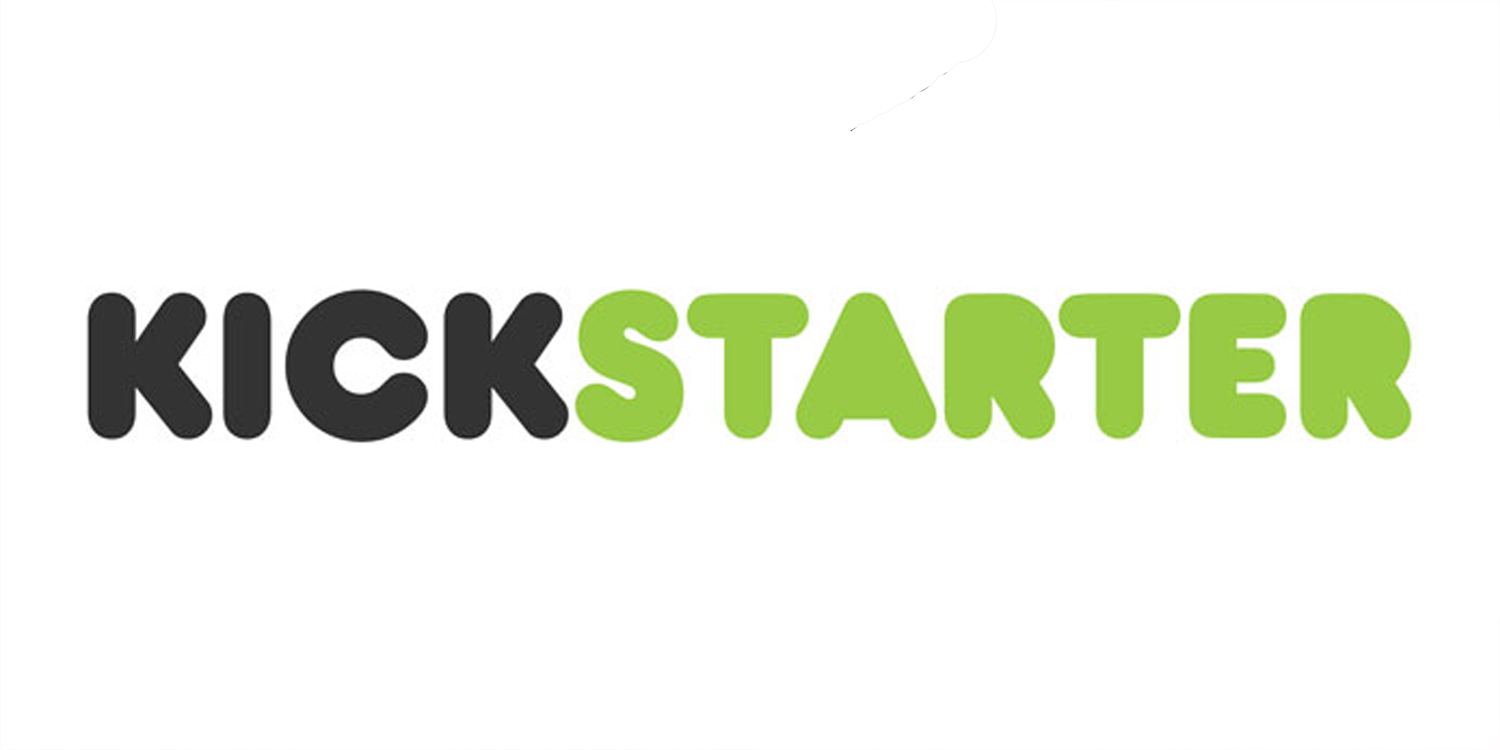
Kickstarter is the newest of this lot, but I’m sure we’ve all seen it one time or another on our Facebook news feeds.
Kickstarter is the largest crowdfunding website in town and because of its popularity and Facebook shareability, it would be a fantastic way for you to attract new, large audiences no matter which of the types of ecommerce business of platform you had.
A great way you can use Kickstarter in the early stages of ecommerce business is by browsing the site for the projects listed by popularity, funding success, and staff picks, and see what seems overall the most successful of the types of ecommerce.
A free-to-list classified-ad site would be the best ecommerce platform if you have larger, difficult-to-ship items, and wasn’t looking to build a steady brand. Classifieds generally won’t charge a listing fee, but they also often don’t take responsibility for anything that happens during the transaction.

The example that pops into everyone’s heads when it comes to classified sites is, of course, the notorious Craigslist.
Using Craigslist, you’re able to set your location as anywhere within the United States, Canada, the Americas, Asia, Oceania, Europe, and within many international cities. Most classifieds ads on Craigslist will be free to place, although some particular sections for some cities do carry a fee.
The thing with Craigslist is that you’ll be dealing with the customers directly. This could either be a pro or a con, depend on the kind of customers you get.
Another thing you should be careful of is Craigslist’s reputation, as it’s not always known for being reliable. The platform is great for some types of ecommerce businesses, and not so great for others. A lot depending on whether the goal is to push stock out the door, or build a brand.
What kind of post would this be without my mentioning of social media? Of course, I save my favorite for last.
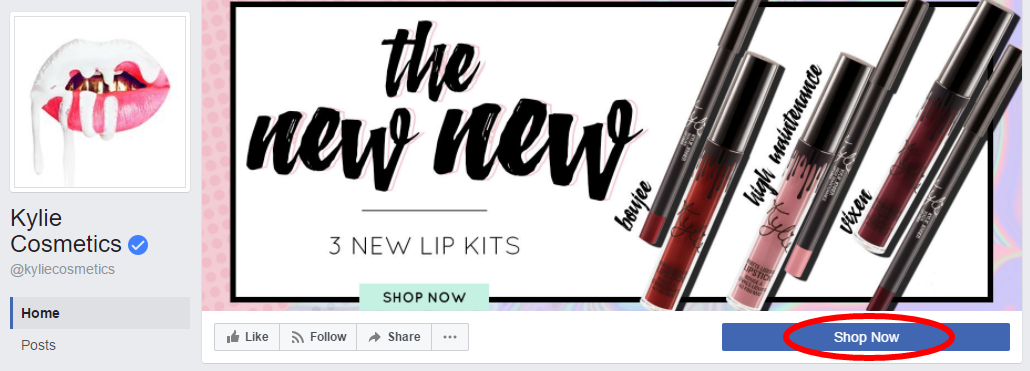
We’ve had a discussion about Facebook marketing and how easy it would be for you to set up a store through your page. The store will come up as a tab on your Facebook page, and visitors will be able to purchase the products directly, without ever having to leave Facebook! If your company is Facebook and social media-based, this might be the best ecommerce platform for you.
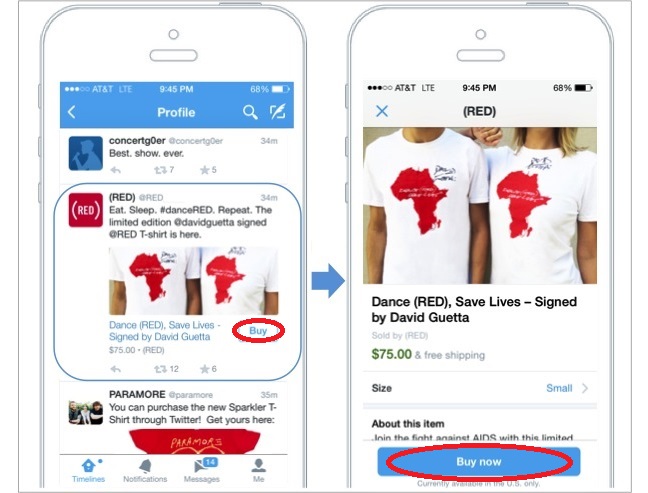
We also have a post about the ways you can market your business on Twitter, one of the newer ecommerce platforms. In 2014, Twitter released a ‘Buy’ button for certain U.S. businesses. Twitter has created something called a ‘Website Card’, which allows you to include a call-to-action (CTA) on your page, and an image and headline in followers’ feeds—driving traffic directly in a tweet.
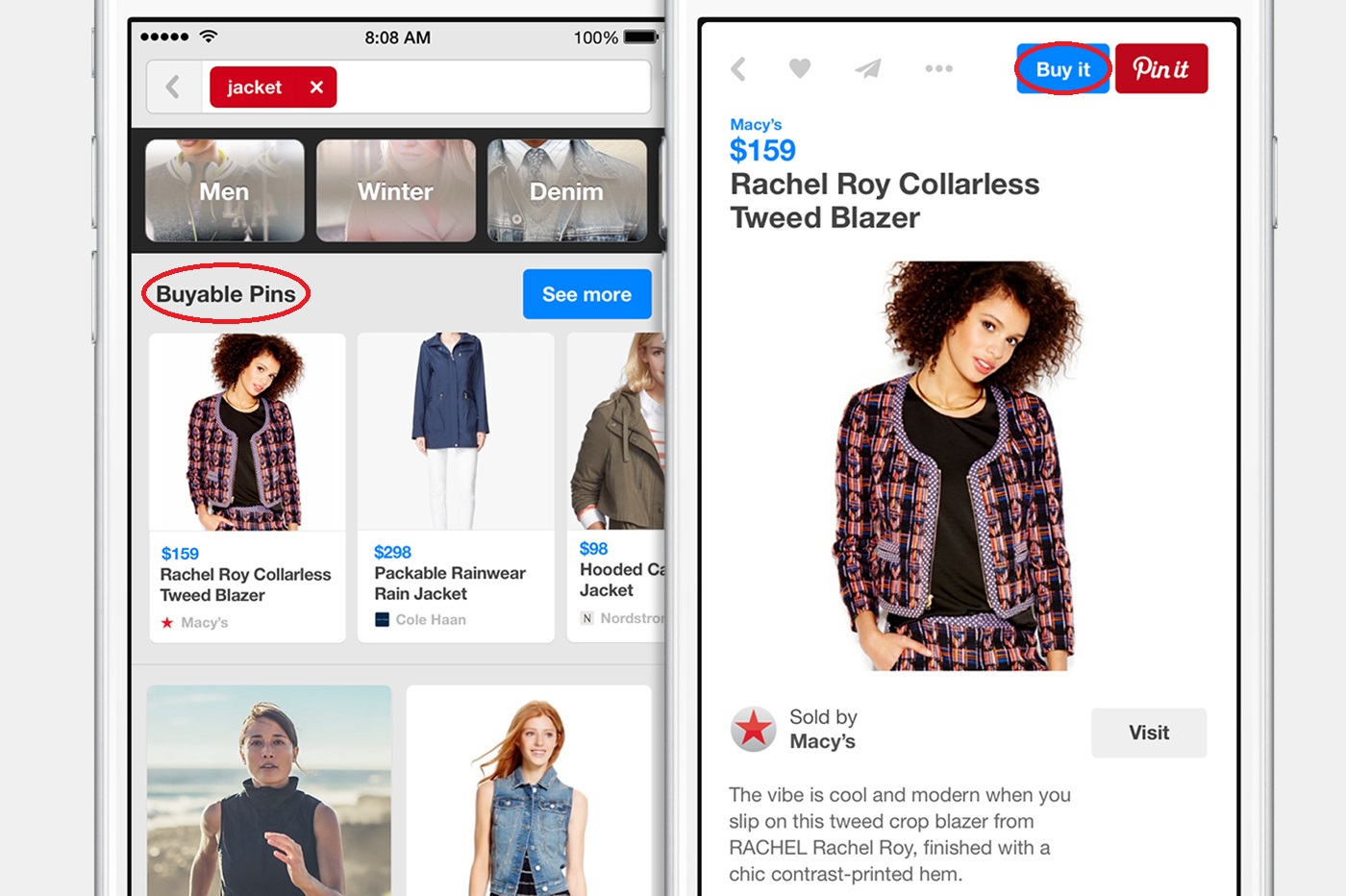
Pinterest is known for its ‘Pin It’ button, which allows its users to ‘pin’ an image to a board they’ve created. Since Pinterest is all about the visuals, it will be the best ecommerce platform for an imaged-based business, whether that’s fashion, photography, or visual art.
Because this platform also doesn’t give much room for text, it’s best to have a catchy and brief product description, including hashtags and product information.
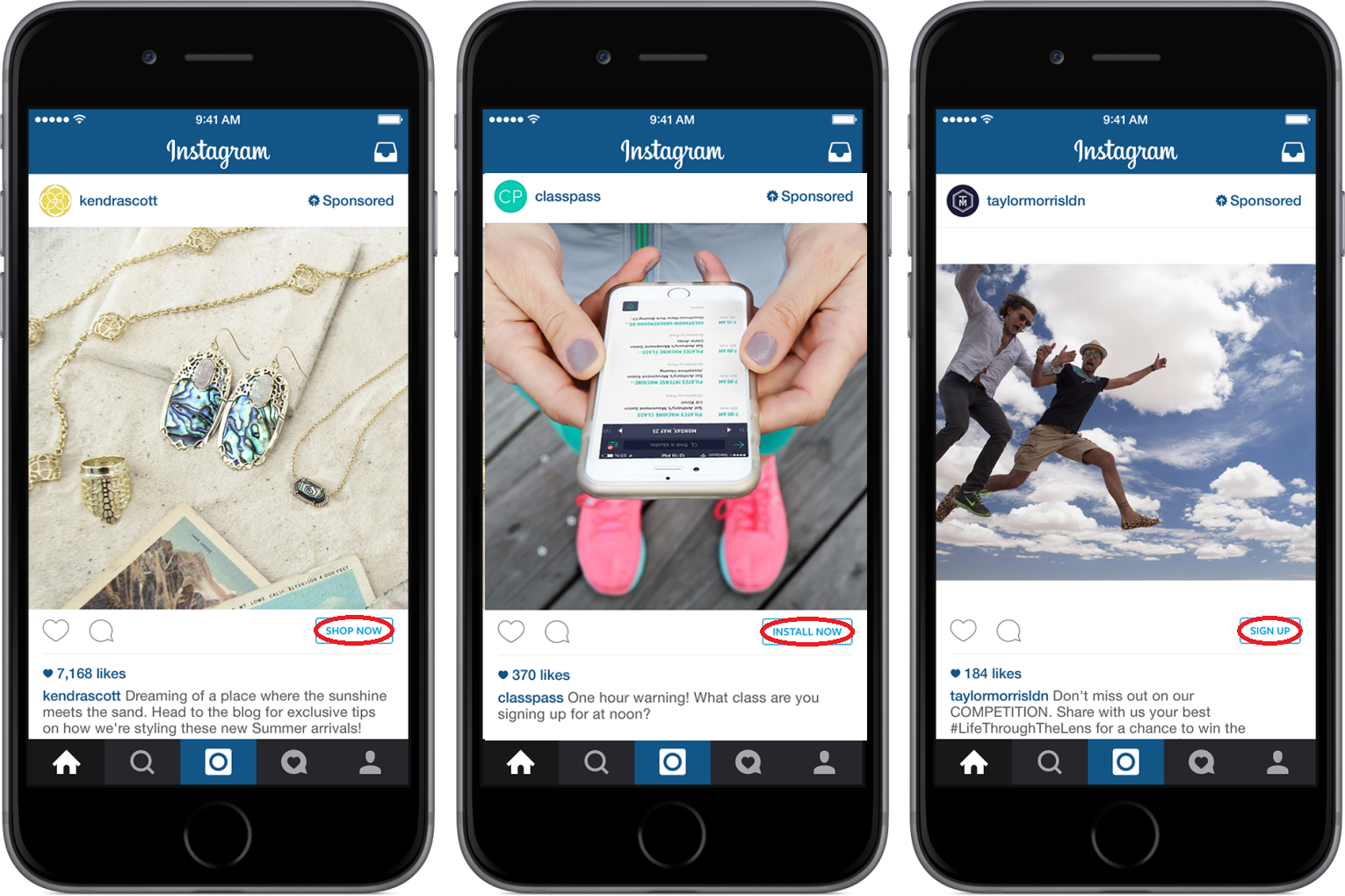
Ah, Instagram, the world of food pictures, selfies, and now, shopping! (We have a great post up on the blog too about Instagram marketing). Instagram makes it really simple for businesses by including a ‘Buy Now’ button to ads, which then link to the online store. You can also use popular hashtags so that your products come up in searches, and encourage interest with tags like ‘#want’ and ‘#buy’. Product curation accounts on Instagram are also great for getting ideas about the different types of ecommerce businesses on there.

Snapchat is the newest of these types of ecommerce businesses and you can read the marketer’s ultimate guide to Snapchat for business here. The platform’s first ‘shoppable’ ads allow viewers to purchase directly through the channel with an easy, taking them straight to the mobile online shopping page. Many brands are still cautious about the effective of Snapchat as the best ecommerce platform, so I’d wait before going full steam ahead.
When it comes to the different types of ecommerce businesses and the best ecommerce platform for you, there’s no hard and fast answer. In fact, there are so many choices it’s almost impossible to choose!
What can help here is breaking down your product categories into which ecommerce platform would suit your products and customers the most. For example, if you’re selling clothes, jewelry, or anything handmade, Etsy and Pinterest would be great and if your target audience is social media-savvy, you can also backup with Facebook and Instagram. If your ecommerce business is focussed on books, or entertainment and tech items, you might consider Amazon and eBay, and backing up with Facebook.
If you’re still unsure about the different types of ecommerce, and whether it’s right for you, why not check out our post about reasons to start ecommerce marketing here?
Are there any types of ecommerce that you use that we’ve left out? Or have you already found the best ecommerce platform out there? I’d love to know about it, so please share in the comments below, including any other tips or questions!
Related Links:
Updated: 19 April 2024
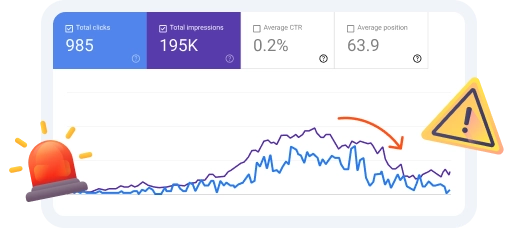
Gotcha.

Generate 5,000 words in under 5 minutes

Publish 100+ blog posts monthly

Rank in the Top 10 with SEO-optimized content

Drive 500K organic traffic
Rank in the Top 10 now with Longform AI
Save 67% today (As low as $14.69/mo)
